Peace in the wake of corona: Morrison’s bid to end IR deadlock
Scott Morrison, business leaders and the unions agree to work together for new consensus on industrial relations reform.
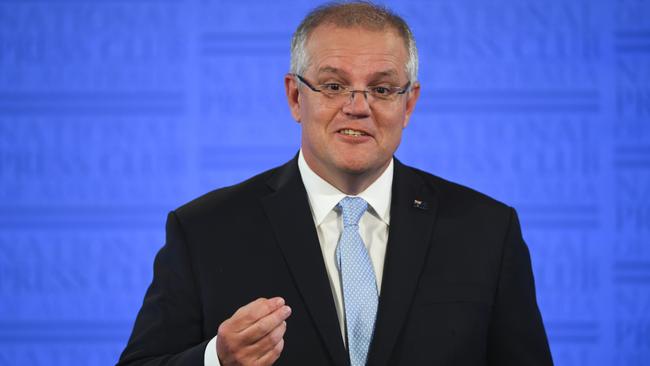
Scott Morrison, business leaders and the unions have agreed to “put their weapons down” in developing a new consensus on industrial relations reform, in a bid to end three decades of political deadlock and reignite the economy.
The government, which jettisoned its Ensuring Integrity Bill as a peace offering to the unions, will bring together ACTU and business representatives from next week, ahead of finalising who will take part in the Prime Minister’s five workplace reform working groups.
ACTU secretary Sally McManus, who met with Mr Morrison last week, joined industry groups including the Business Council of Australia, Master Builders Australia, Australian Industry Group and the Australian Chamber of Commerce and Industry in pledging support for the reform process.
In addition to unions and employer groups, small businesses, people from regional and multicultural communities, and women and family representatives will also be invited to take part in the working groups.
Delivering a headland speech on Tuesday that outlined the government’s JobMaker economic plan, Mr Morrison set a September deadline to negotiate and agree on delivering significant changes to the industrial relations system before the October 6 budget.
The Prime Minister said the workplace system had “lost sight of its purpose” and warned that Australians would take a “very dim view of anyone or group” not prepared to sit down at the table and support job-creating reform.
“It is a system that has to date retreated to tribalism, conflict and ideological posturing,” he told the National Press Club.
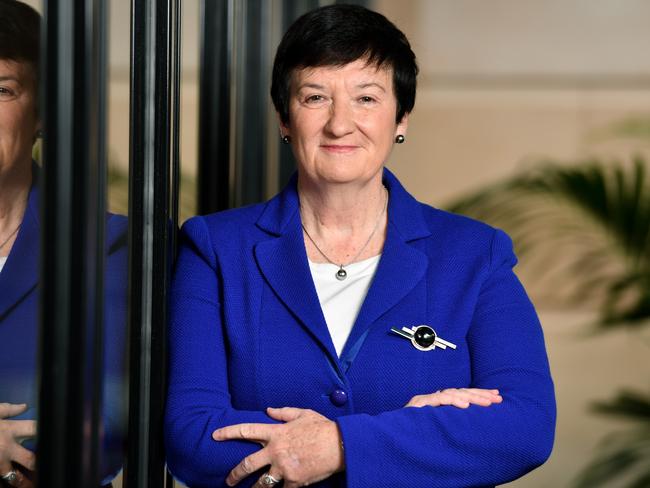
“No side of that debate has been immune from those maladies. This will need to change or more Australians will unnecessarily lose their jobs and more Australians will be kept out of jobs.
“The first step is to get everyone back in the room. To bring people together. That’s our job. And in particular, that’s my job.”
Industrial Relations Minister Christian Porter, who has been in talks with union and business chiefs in recent weeks, will chair working groups focused on award simplification, enterprise agreement design, conditions for casuals and fixed-term employees, compliance and greenfields agreements covering new enterprises.
Ms McManus said workers needed to be at the centre of rebuilding the economy but cautioned that the creation of jobs was going to “take a lot more than industrial relations reform”.
“The ACTU will measure any changes to industrial relations law on the benchmarks of: will it give working people better job security, and will it lead to working people receiving their fair share of the country’s wealth,” the ACTU leader said.
Ms McManus nominated policy changes to address low wages growth and the “failing” enterprise bargaining system as priorities in negotiations with the Morrison government and employers.
Unions will also push to extend the JobKeeper scheme and oppose the reinstatement of the Newstart Allowance when JobSeeker payments end on September 24.
National employer groups, including the BCA, will lobby for major changes to awards and the enterprise bargaining system, saying workplace laws need to be made less complex.
The Australian understands the government will act in good faith and consider calls from unions to consider the level of JobSeeker payments, as well as the push by business groups to lower the 30 per cent company tax rate and provide more generous investment allowances.
BCA chief executive Jennifer Westacott said Mr Morrison’s industrial relations plan could help “finally break the deadlock” on workplace reform. “The significance of this opportunity cannot be understated,’’ Ms Westacott said. “A modern workplace relations system gives businesses the ability to adapt, scale up and grow in response to rapid change.”
In a speech delivered at a BCA dinner last November, Mr Morrison reiterated his commitment to skills and workplace reform and outlined Mr Porter’s “comprehensive and methodical fresh look at the operation of our industrial relations system”.
Ms McManus said negotiations with the government and business leaders should result in increased legal rights for workers, making clear that the ACTU would resist radical proposals by some employers groups to wind back key aspects of the Fair Work Act.
She also supported the government’s confirmation, first flagged by The Australian in March, that the union-restricting Ensuring Integrity Bill would be withdrawn. The bill would have made it easier to deregister unions and ban union officials.
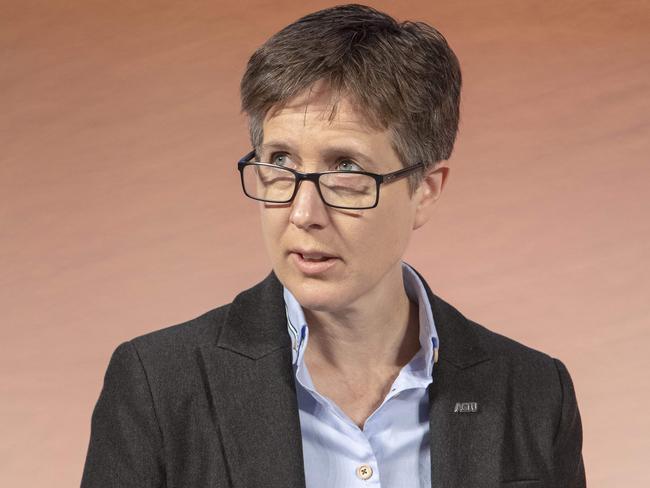
“Attacks on working people, whether from business lobbyists or governments, are not compatible with a co-operative approach to rebuilding Australia,” Ms McManus said.
Master Builders Australia chief executive Denita Wawn said it was time to “work together” to deliver industrial relations reform. Ms Wawn said while her organisation supported the rule of law on construction sites, it understood the shelving of the Ensuring Integrity Bill would help “build a bridge to economic recovery, provided that other measures are developed to combat unlawfulness on construction sites as the Prime Minister indicated will occur”.
“Master Builders has forged a co-operative dialogue with the CFMEU and the AWU to ensure the viability of the building and construction sector during the COVID-19 health crisis,” Ms Wawn said.
Mr Morrison said not pursuing a vote on the Ensuring Integrity Bill did not reflect any “change or lack of commitment to the principle that lawful behaviour of registered organisations should be strictly required on all work sites in Australia”.
“The government maintains its complete lack of tolerance for the kinds of behaviour we have particularly seen from the CFMEU on Australian construction sites in recent years,” he said. “It’s not only illegal, it’s costing jobs.”
Mr Morrison said that ahead of the budget the government’s tax reform agenda would focus on creating investment and jobs. He described the industrial relations system as not fit for purpose, “especially given the scale of the jobs challenge that we now face”.
“Our industrial relations system has settled into a complacency of unions seeking marginal benefits and employers closing down risks, often by simply not employing anyone,’’ he said.
“What I’m trying to do differently about this process is not run out there with an IR shopping list. I haven’t seen that work in my political experience in the time I’ve been in the parliament. All that’s tended to do is force people away from the table, not draw them to it.”
Senior Labor sources rejected comparisons to the accords struck between the ACTU and the Hawke government in the 1980s.
Opposition industrial relations spokesman Tony Burke said Labor had an “open mind” about the proposed changes. “But let’s be clear: all the government has done so far is book a room,” he said.

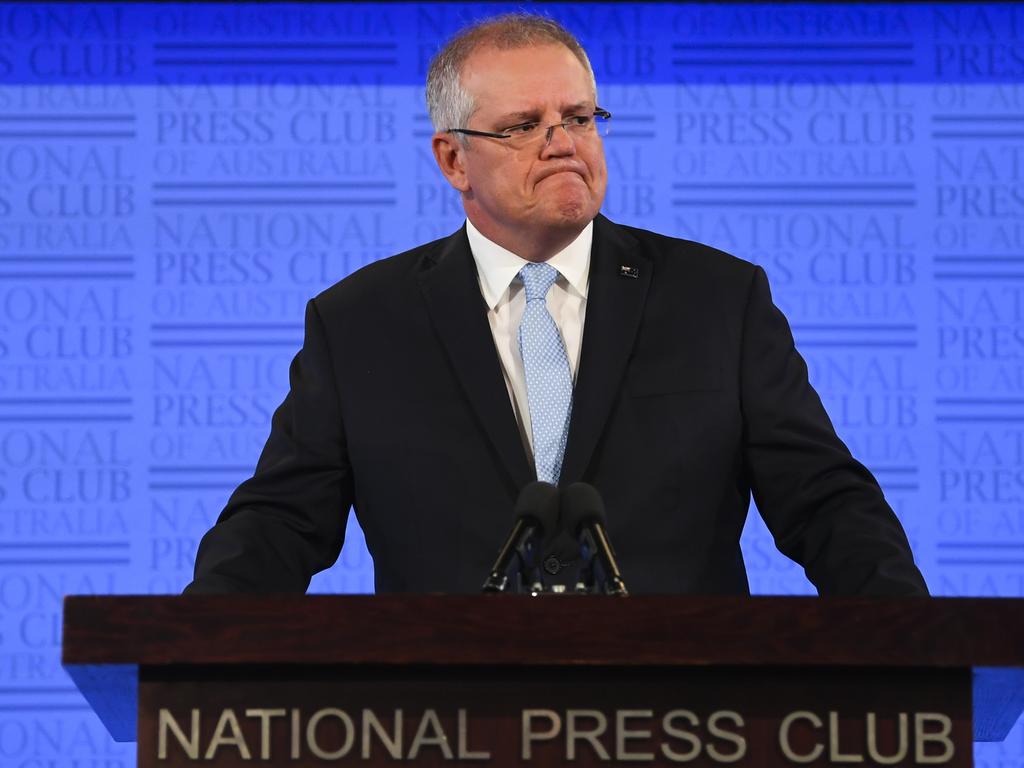
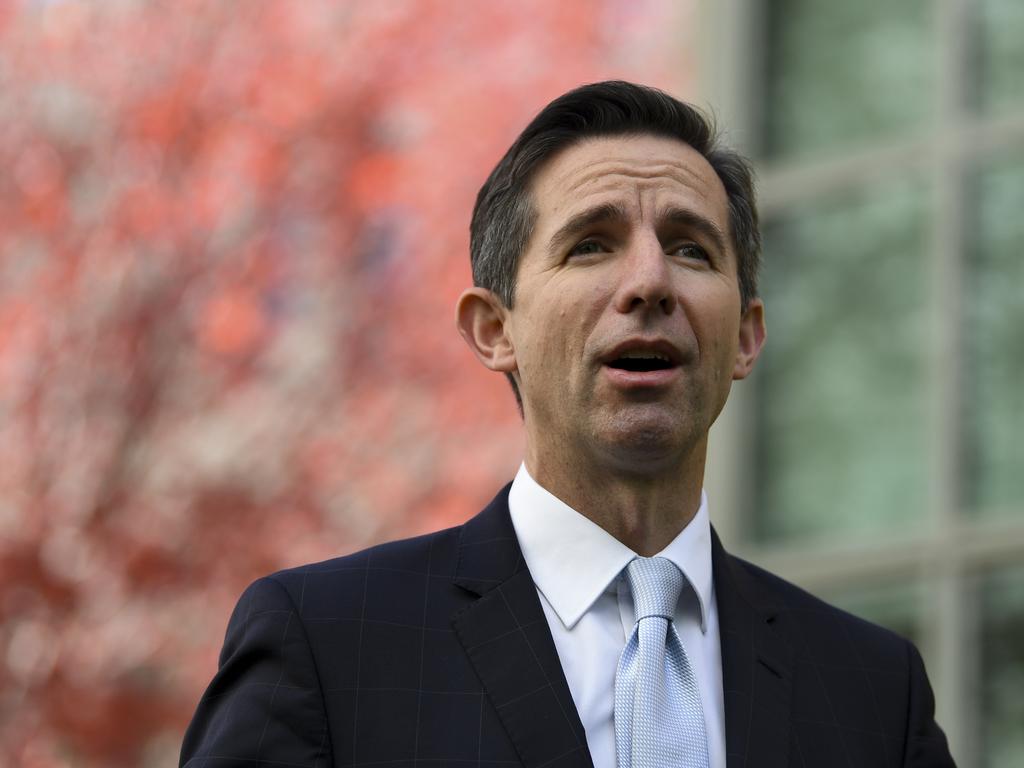




To join the conversation, please log in. Don't have an account? Register
Join the conversation, you are commenting as Logout